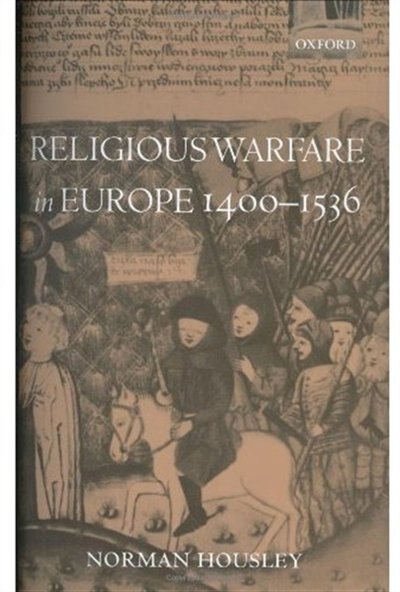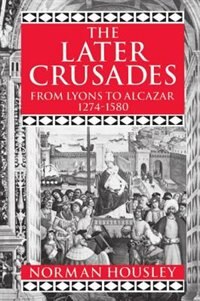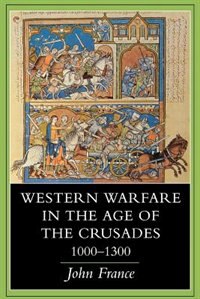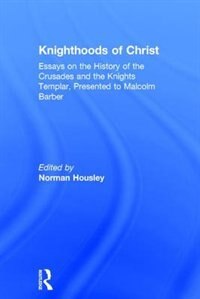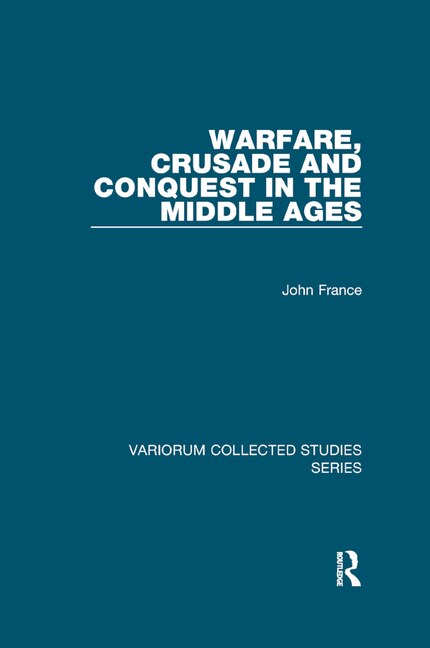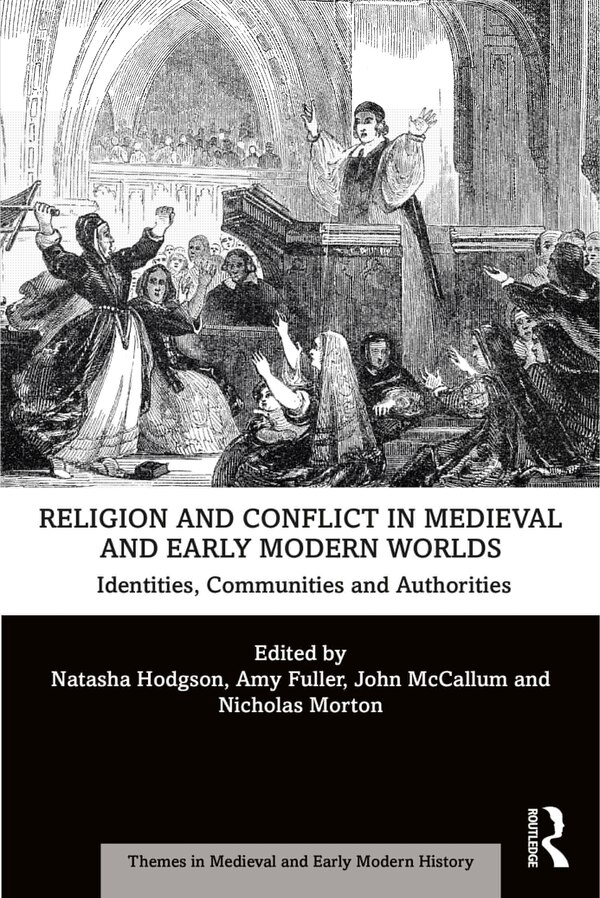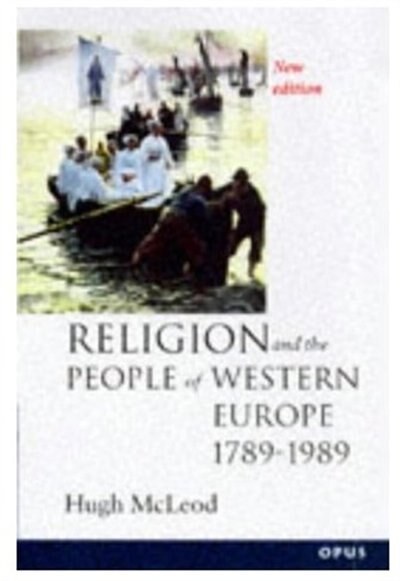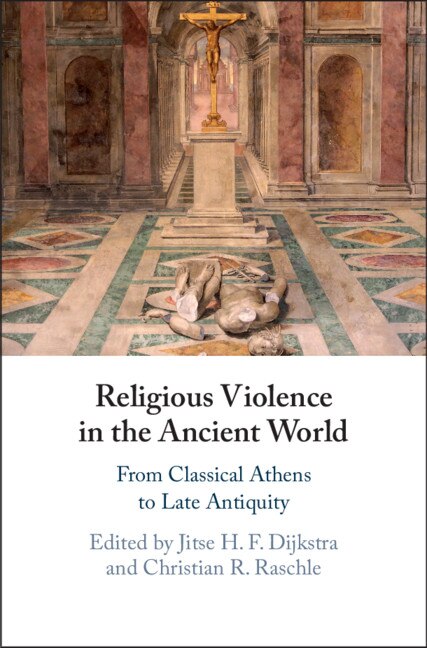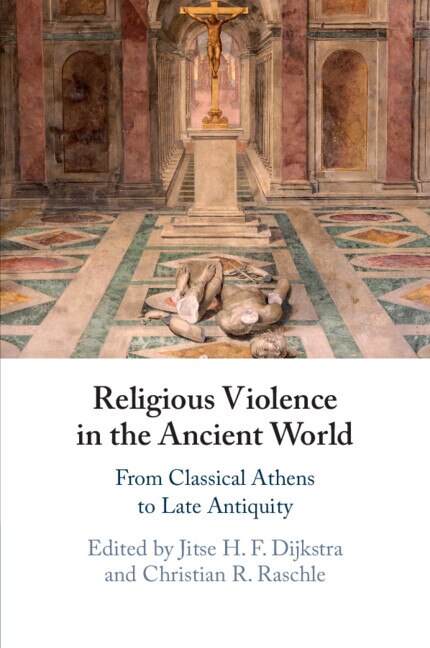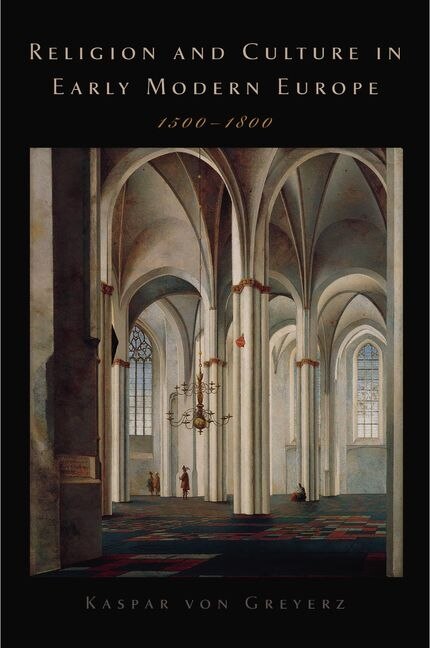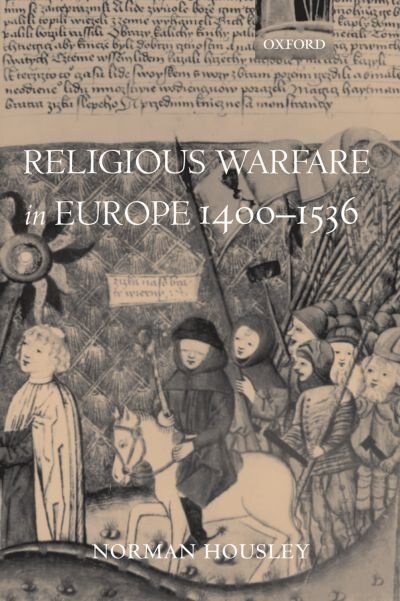
Compare Religious Warfare in Europe 1400-1536 by Norman Housley, Paperback | Indigo Chapters
Norman Housley
$64.50
Religious warfare has been a recurrent feature of European history. In this intelligent and readable study, the distinguished Crusade historian Norman Housley describes and analyses the principal expressions of holy war in the period from the Hussite wars to the first generation of theReformation. The context was one of both challenge and expansion. The Ottoman Turks posed an unprecedented external threat to the 'Christian republic', while doctrinal dissent, constant warfare between states, and rebellion eroded it from within. Professor Housley shows how in these circumstances the propensity to sanctify warfare took radically different forms. At times warfare between national communities was shaped by convictions of 'sacred patriotism', either in defending God-given native land or in the pursuit of messianic programmesabroad. Insurrectionary activity, especially when driven by apocalyptic expectations, was a second important type of religious war. In the 1420s and early 1430s the Hussites waged war successfully in defence of what they believed to be 'God's Law'. And some frontier communities depicted theirstruggle against non-believers as religious war by reference to crusading ideas and habits of thought. Professor Housley pinpoints what these conflicts had in common in the ways the combatants perceived their own role, their demonization of their opponents, and the ongoing critique of religious warin all its forms. This is a major contribution to both Crusade history and the study of the Wars of Religion of the early modern period. Professor Housley explores the interaction between Crusade and religious war in the broader sense, and argues that the religious violence of the sixteenth and seventeenth centurieswas organic, in the sense that it sprang from deeply rooted proclivities within European society. | Religious Warfare in Europe 1400-1536 by Norman Housley, Paperback | Indigo Chapters

